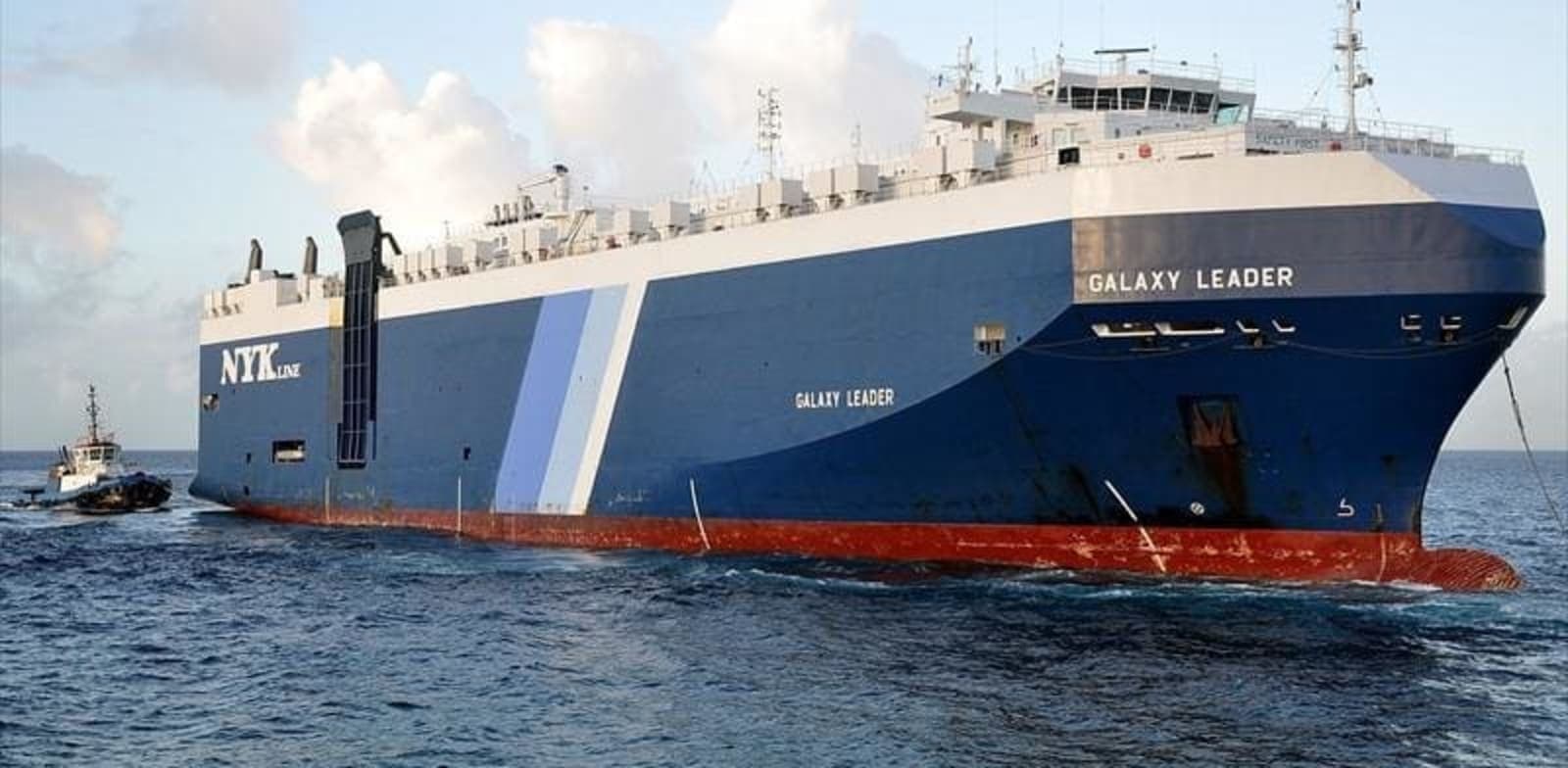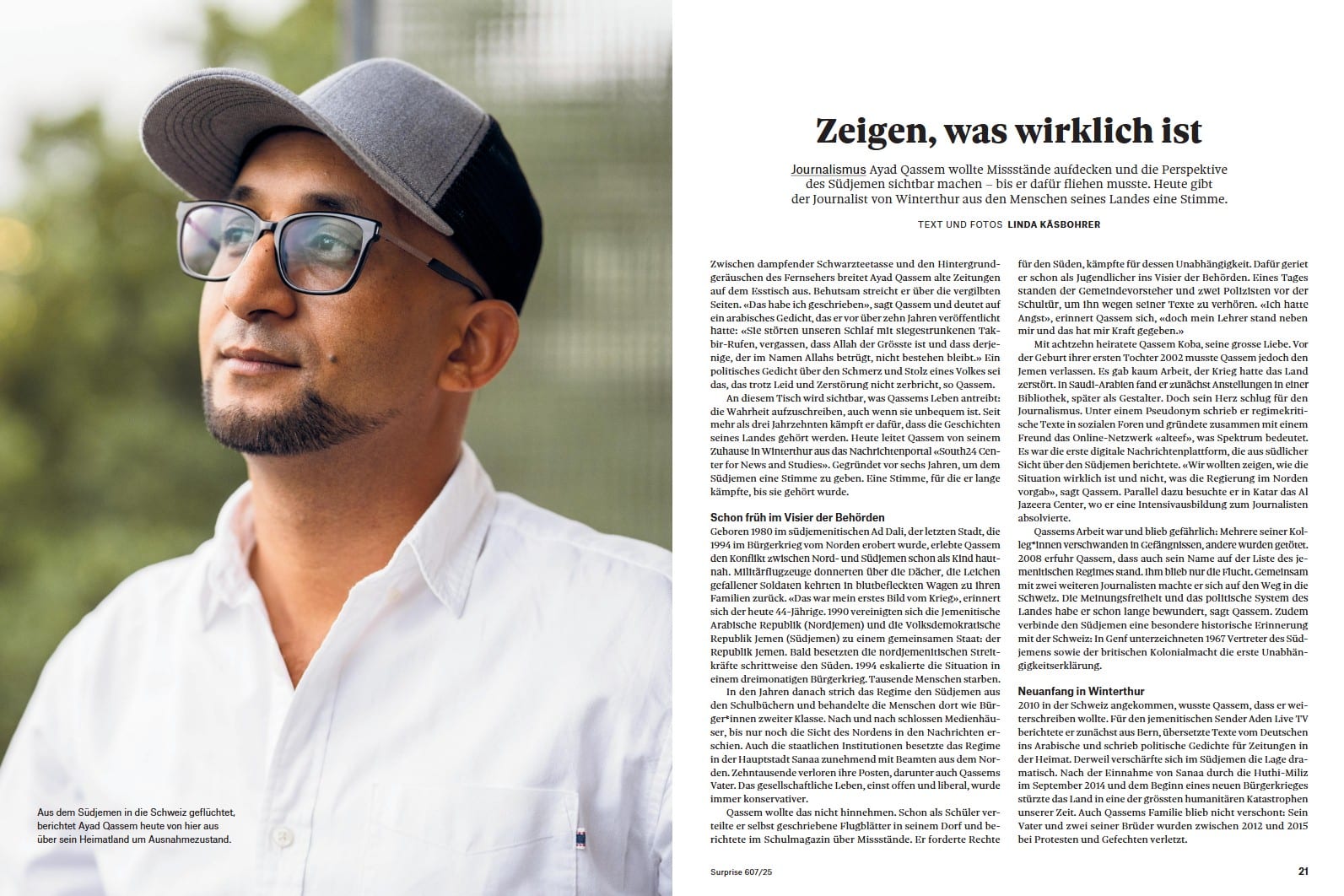
Galaxy Leader credit: marinetraffic.com
آخر تحديث في: 20-11-2023 الساعة 11 صباحاً بتوقيت عدن
The ramping up of proxy war operations against Israel by Iran is suggested to be more important right now than keeping its rapprochement with Saudi Arabia on track for the purpose of eventually ending the Yemeni War.
Andrew Korybko (South24)
The Houthis announced that they seized an allegedly Israeli-linked ship in the Red Sea, though Israel denied that the captured vessel had any ties to it, not even indirect ones. In any case, this development marks an escalation in that group’s attacks against the self-professed Jewish State, which follows their attempted bombing of it earlier in the month. The trend is that the Houthis are serious about scaling up their attacks out of solidarity with fellow Resistance ally Hamas amidst its ongoing war with Israel.
Sending drones and missiles across Saudi airspace en route to Israel already threatened to destabilize the region, but now the Houthis are threatening international shipping in one of the world’s most important corridors. If they continue either of these policies, and there’s little doubt that they will as evidenced by their latest escalation, then Saudi Arabia might be forced to respond and an international maritime coalition might soon assemble for protecting this economically vital waterway.
Prior to these two moves, the Houthis had successfully obtained a degree of legitimacy for their cause as proven by their participation in the Yemeni peace process, particularly Saudi Arabia’s hosting of their representatives. This outcome was widely attributed to the Chinese-brokered Iranian-Saudi rapprochement from last spring, which many believed resulted in the group’s Iranian patron encouraging them to enter into such talks for the sake of the greater regional good as Tehran perceived it at the time.
Although the Houthis are formally independent of Iran, many observers nevertheless concluded long ago that they take their cues from the Islamic Republic and won’t carry out certain actions without first obtaining its approval or at least informing Tehran of what they plan to do. Their shared membership in the Resistance Axis therefore makes it unlikely that they’d unilaterally attempt to bomb Israel and then seize a ship that’s allegedly linked to that country.
Rather, precedent suggests that they either obtained approval from Iran for these two moves or at least informed it of them in advance, hence why this attempted bombing and the hijacking of that ship should be seen as having been done with Tehran’s knowledge. If the Islamic Republic was against either of these moves, then it could have discretely and/or publicly signaled that they’re unacceptable, yet no such signals were sent and that’s why the aforesaid observation is credible.
This suggests that Iran regards the ramping up of proxy war operations against Israel to be more important right now than keeping its rapprochement with Saudi Arabia on track for the purpose of eventually ending the Yemeni War that’s brought about such suffering over the years. Accordingly, soft power is being prioritized over regional diplomacy since maintaining its Resistance image in the context of the latest Israeli-Hamas war presently takes precedence over pragmatically ending the Yemeni War.
Iran and its allies like the Houthis formulate policy with a view towards advancing what they regard to be their respective interests, but the consequences of the analyzed decision regarding that group’s escalating attacks against Israel could destabilize the region. As was earlier written, Saudi Arabia might be forced to respond if these bombings continue, and an international maritime coalition might soon assemble for protecting trade across the Red Sea.
If either happens, let alone both, then the Yemeni peace process might fall apart with all that this could entail for perpetuating this already protracted conflict and the suffering connected to it. Iran and its Houthi allies might not have fully thought this through, or perhaps they did and have already prepared for that worst-case scenario. If the first assessment is accurate, then that means that they could possibly reconsider their policies, while the second suggests that they actually want to rekindle the Yemeni War.
Moscow-based American political analyst
- Opinions expressed in this analysis reflects its author and doesn't represent the center's views

قبل 3 أشهر

قبل 3 أشهر